May 23, 2025 | 04:34 GMT +7
May 23, 2025 | 04:34 GMT +7
Hotline: 0913.378.918
May 23, 2025 | 04:34 GMT +7
Hotline: 0913.378.918
To date, the Ministry of Agriculture and Rural Development has received several notifications from the The General Administration of Customs of the People's Republic of China regarding violations of plant quarantine concerning shipments of bananas, jackfruits, mangoes, longans, dragon fruits, and durians exported from Vietnam.
The reported violations include: quality and food safety issues (exceeding permitted levels of food additives; mold; pathogenic bacteria); accompanying documentation (missing product certification; unmatching goods certification/certificates; goods unpermitted for import); packaging labels that do not meet regulations and import requirements.
The Ministry of Agriculture and Rural Development believes that the root cause lies in lax inspection and supervision at growing areas and packaging facilities, leading to ineffective control of plant quarantine targets of interest to importing countries.
Mr. Nguyen Khac Tien, Chairman of the Board of Directors of Ameii Vietnam Joint Stock Company, which has years of experience exporting agricultural products to China, stated that the growth rate of the Chinese market for Vietnamese agricultural products continues to increase. However, the global trend in consumer habits, particularly in China, is shifting towards high-quality, green, clean, and safe agricultural products. If we do not change, it is clear that there will be limited room for exports.
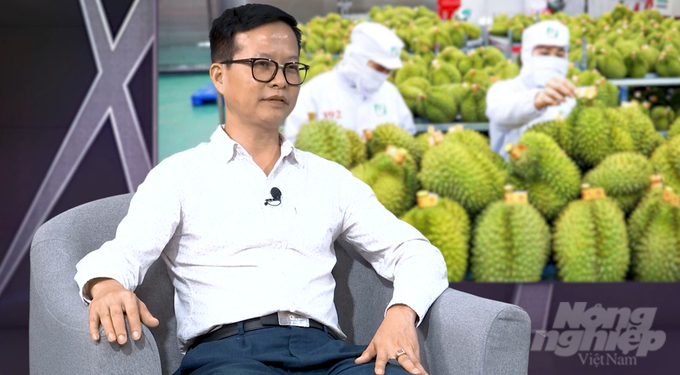
Mr. Nguyen Khac Tien stressed on the importance of understanding market preferences.
The entire business community, as well as the citizens and the support mechanisms of the state, have created a favorable environment for Vietnamese agricultural products to soar higher and farther. However, achieving this depends significantly on the efforts of farmers and businesses in ensuring product quality. Moreover, we must produce according to market signals. When participating in exports to the Chinese market, we must thoroughly understand consumer habits, including packaging and labeling regulations.
Meanwhile, Mr. Nguyen Do Anh Tuan, Head of the International Cooperation Department of the Ministry of Agriculture and Rural Development, affirmed that the Chinese market is large and promising because it is right next to us, and the tastes and consumption habits are quite similar. However, if we cannot ensure trust, then the wide door will become a narrow one. To fully utilize their advantages, businesses need to strengthen their connections and improve logistics to help reduce costs and increase efficiency in exports.
The Ministry of Agriculture and Rural Development advises businesses to regularly update and comply with regulations on quality standards, testing, quarantine, packaging, and traceability for the Chinese market. Additionally, there should be logistics strategies in place to establish agricultural product storage warehouses in border provinces, helping to preserve products longer and maintain quality by the delivery date.
To increase export turnover of agricultural products to China, in addition to quality and food safety requirements, exporting companies must pay close attention to the needs of this market at different stages. For example, China's import turnover of dragon fruits is currently slowing down and gradually decreasing due to the expansion of domestic production areas meeting some consumer demand. Therefore, to maintain dragon fruit export turnover, producers and businesses must create greater competitive advantages in price, sweetness, and color of the products.
Similarly, for durians, China is expanding its sourcing from various suppliers using different transportation methods, so Vietnam needs to enhance quality, reduce costs, and maintain product credibility to dominate the market.
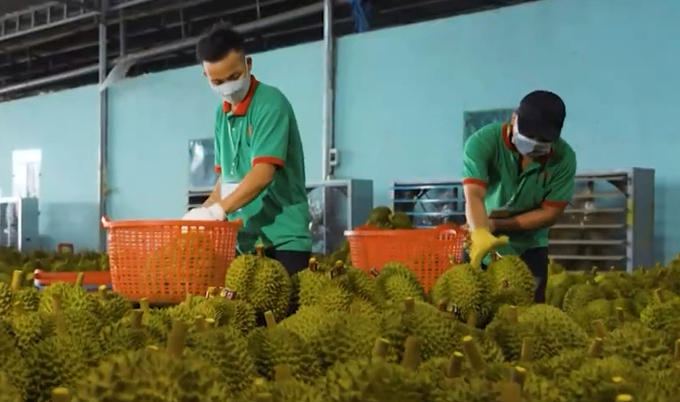
Exporting durians must focus on quality and cost to enhance competitiveness.
Currently, the Ministry of Industry and Trade and the Ministry of Agriculture and Rural Development are implementing solutions to promote official exports to the Chinese market. This includes building strategies for official exports, developing the sector, branding, and trade promotion. The Ministry of Agriculture and Rural Development is actively supporting localities in establishing concentrated, large-scale specialized production areas based on market signals.
Translated by Kieu Chi
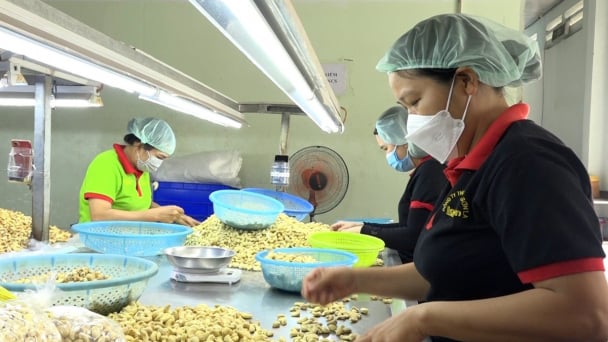
(VAN) Market expansion is a matter of survival for Vietnamese businesses amid fierce competition and global supply chain fluctuations.
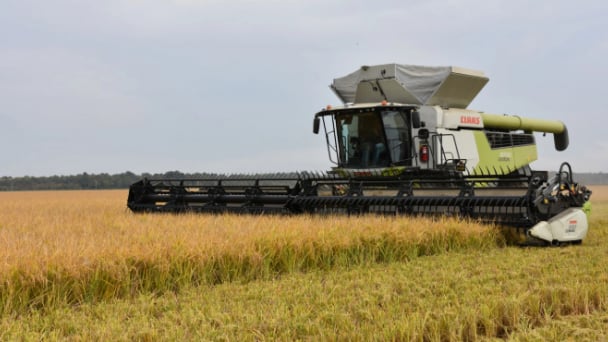
(VAN) Global market prospects for U.S. long-grain rice for the upcoming marketing year.
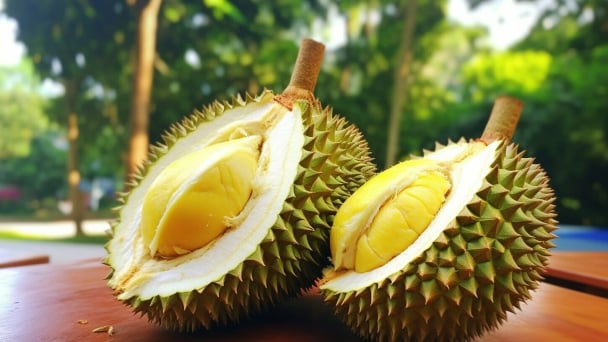
(VAN) China’s General Administration of Customs started permitting fresh durian shipments from Cambodia after a phytosanitary protocol was signed with the Cambodian Ministry of Agriculture in late April.
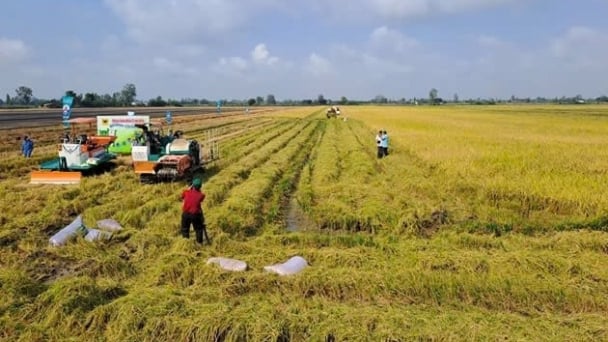
(VAN) To operate carbon market, one of the key issues is determining which types of 'commodities' meet the standards to be traded on the market.
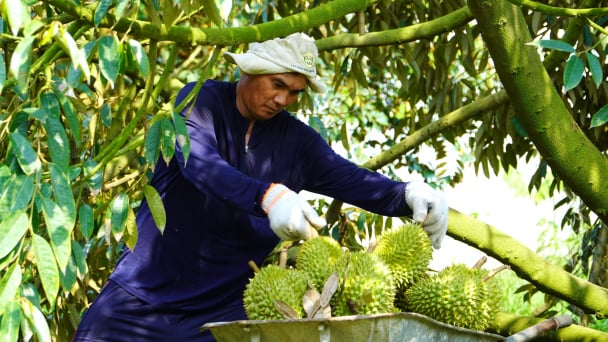
(VAN) Durian-producing localities need to coordinate more effectively with central authorities to improve the traceability, monitoring, and response systems in case of violations.
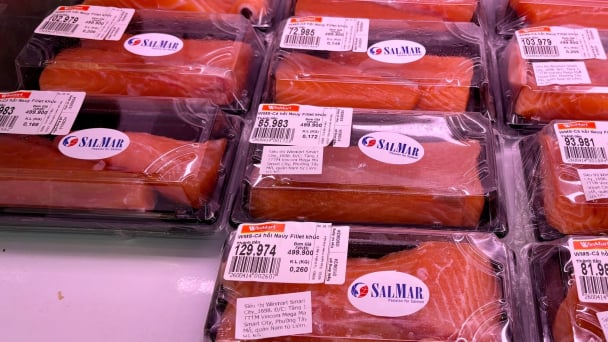
By minimizing waste, embracing modern technology, and expanding into niche markets, SalMar - the second largest producer of Atlantic salmon in the world has built a successful strategy to conquer the global market.
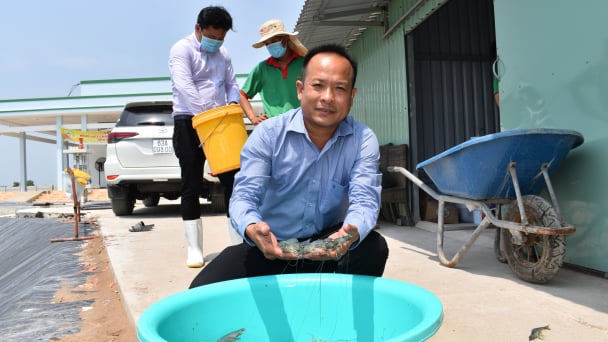
(VAN) One of the key factors for businesses to effectively take advantage of tariff preferences under these FTAs is the rules of origin.